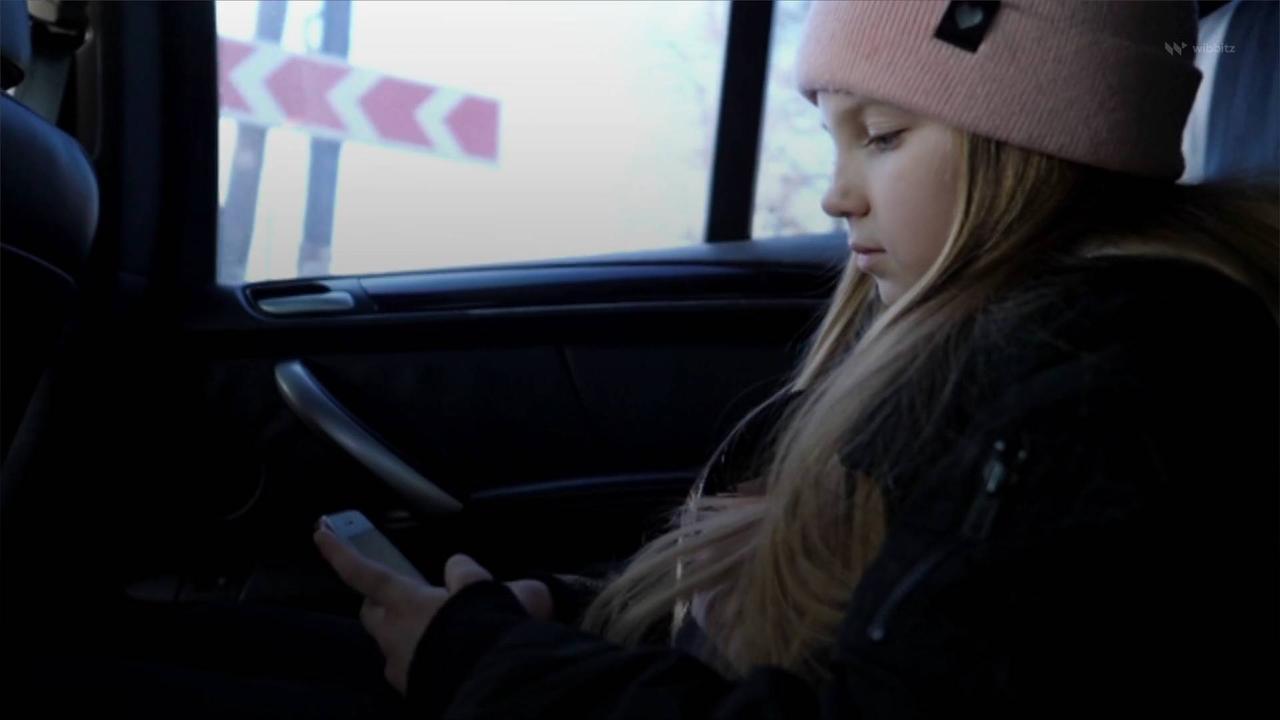
Bipartisan Senate Bill , Aims to Keep Kids , Under 13 Off Social Media.
This week, senators from both sides of the political divide announced legislation aimed at protecting children from aspects of social media found to impact mental health.
NPR reports that a bipartisan group of senators claim that social media is contributing to a mental health crisis among young Americans.
NPR reports that a bipartisan group of senators claim that social media is contributing to a mental health crisis among young Americans.
The proposed Protecting Kids on Social Media Act , would ban children under the age of 13 , from accessing social media.
Teens from 13 to 18 years old would need a parent to provide a valid form of ID in order for them to become users on a platform.
NPR reports that the proposed bill is sponsored by Republican Senators Tom Cotton and Katie Britt, and Democratic Senators Brian Schatz and Chris Murphy.
NPR reports that the proposed bill is sponsored by Republican Senators Tom Cotton and Katie Britt, and Democratic Senators Brian Schatz and Chris Murphy.
NPR reports that the proposed bill is sponsored by Republican Senators Tom Cotton and Katie Britt, and Democratic Senators Brian Schatz and Chris Murphy.
The business model of these apps is simple, the duration of time the user spends on the app and the extent to which they engage with content is directly correlated with ad revenue, Brian Schatz, Democratic Senator for Hawaii, via NPR.
Hawaii's Sen.
Brian Schatz argues that the result of social media platforms driving users to spend long amounts of time on their platforms could be "catastrophic.".
Social media [companies] have stumbled onto a stubborn, devastating fact: The way to get kids to linger on the platforms and to maximize platforms is to upset them, Brian Schatz, Democratic Senator for Hawaii, via NPR.
According to a Pew Research study, most teens say they go on social media platforms like YouTube and TikTok at least once every day.
According to a Pew Research study, most teens say they go on social media platforms like YouTube and TikTok at least once every day.
The growing evidence is clear: social media is making kids more depressed and wreaking havoc on their mental health, while kids are suffering, social media companies are profiting.
This needs to stop, Brian Schatz, Democratic Senator for Hawaii, via NPR.
The growing evidence is clear: social media is making kids more depressed and wreaking havoc on their mental health, while kids are suffering, social media companies are profiting.
This needs to stop, Brian Schatz, Democratic Senator for Hawaii, via NPR
